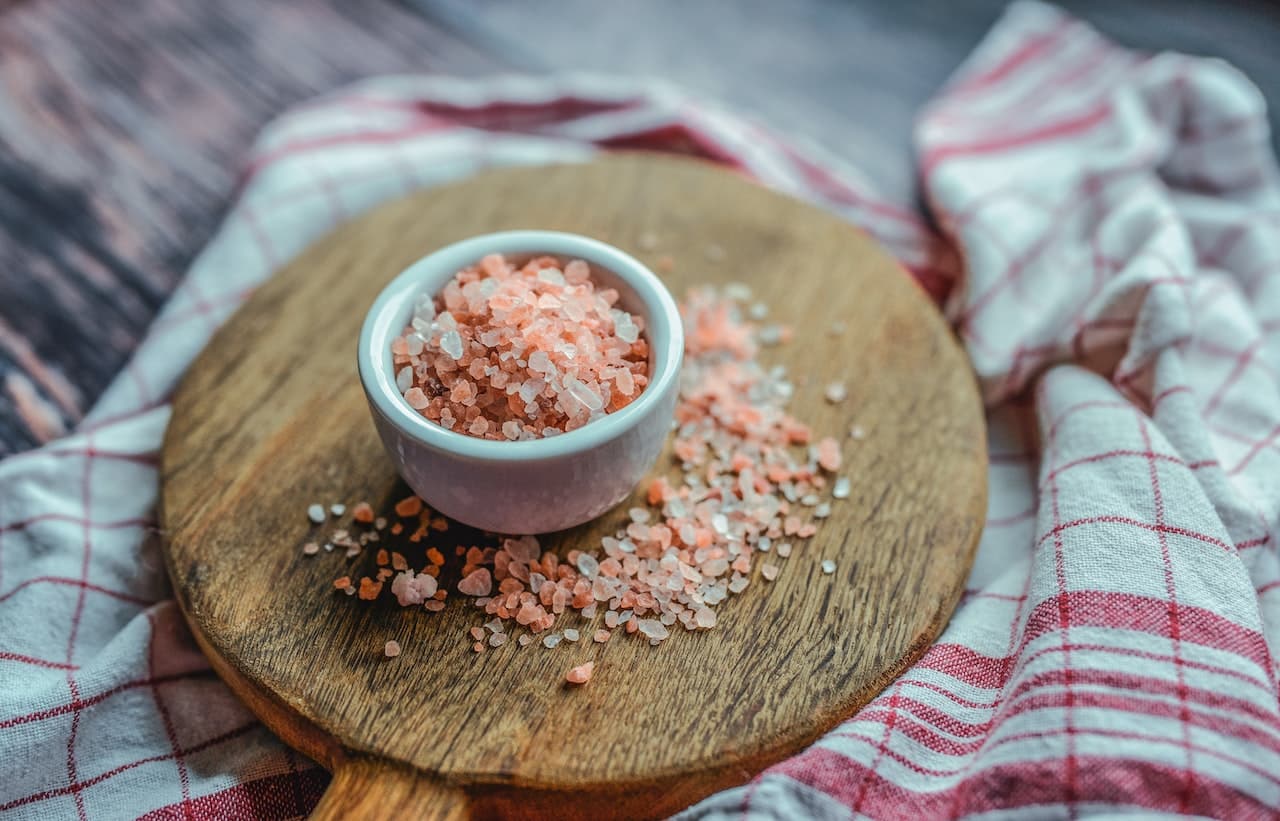Not only is salt water refreshing, but it can be invigorating and have many health benefits as well. When you’re in a warm, humid environment for long periods of time, the salt in your sweat starts to make its way into the soil, which can be detrimental to the growth of some plants.
This is why your garden might not be flourishing; you aren’t providing it with the necessary amount of nutrients. Fortunately, adding salt to your landscape helps remedy this problem. A lack of enough soluble salts in the soil results in a condition known as soil dryness or drought stress. When there is not enough water present in the soil, plants cannot extract enough moisture from it to thrive.
Saltwater has high levels of dissolved salts that help re-moisten the earth and ensure there is sufficient water for plant roots. Therefore, when you have saltwater in your landscape you help raise the quality of the air by improving its ability to uptake moisture from the atmosphere and humidity from the ground.
Increasing Humidity
A healthy, balanced soil atmosphere is vital for healthy plants. When you have increased levels of saltwater in your landscape, it can help increase the humidity of your soil. This means that there will be more water present in your soil for plants to extract, which can help reduce the likelihood of many pests and diseases from affecting your garden.
Another benefit of increased soil humidity is that the air is able to absorb more moisture from the atmosphere, which is especially beneficial during droughts.
Improving Air Quality
When you have saltwater added to your soil, it greatly improves the quality of the air in your surroundings. The salt ions in the water have the ability to absorb large amounts of pollutants such as dust, pollen, mold spores, and other harmful airborne particles.
When you have increased levels of saltwater in your landscape, it helps to increase the quality of the air in your surroundings. This means that there are fewer harmful particles present in the air, which can help protect you from many diseases and allergies.
Helping Plants Absorb Nutrients
When you have increased levels of saltwater in your soil, it can help increase the amount of nutrients that your plants absorb from the soil. This is particularly beneficial for plants that are in nutrient-poor soils, such as those who are in soil that has been degraded by erosion, or are in areas with depleted soils.
Plants that are in nutrient-poor soils need added amounts of fertilizer to thrive, but if adequate amounts aren’t present in the soil, they will struggle to extract the nutrients that they need.
Saltwater has the ability to increase the solubility of nutrients in the soil, making them easier for the plant to absorb. Saltwater can also help to reduce the amount of osmotic pressure in the soil. When there is too much osmotic pressure, it can make it difficult for the plant roots to absorb water and minerals from the soil.

Fungi Feeding Benefit
Many fungi feed on dead plant tissue, so when you add saltwater to your soil, you can help to feed the beneficial fungi that decompose these dead leaves and stems. This can benefit plants by providing them with more nutrients and improving the microclimate around their roots, resulting in a more stable environment for the plant.
This can assist with the reduction of stress caused by infestations of harmful fungi, such as diseases and pests. Additionally, fungi are often a sign of a healthy ecosystem. When you have saltwater added to your soil, you can help to encourage the growth of these beneficial fungi by creating a stable microclimate around your plants.
Helps Maintain Plant Growth and Health
When you have increased levels of saltwater in your soil, it can help to maintain the health of your plants by improving the balance between nitrogen and phosphorus. Phosphorus is a mineral that is required for healthy plant growth.
This mineral is present in many fertilizers and is usually obtained through the use of synthetic pesticides. However, phosphorus is essential in the formation of chlorophyll, the substance that makes plants green. This means that when you have saltwater added to your soil, it helps to maintain the health of your plants by improving the balance between nitrogen and phosphorus.
Plants that are grown in phosphorus-rich soils will often reach their full potential far more quickly, resulting in bigger and more vigorous plants. This is great for any landscape that features tall, mature trees and shrubs.
Other Benefits of Salty Soil
– Improves the Quality of Soil – The process of re-wetting soil that has become dry due to a lack of moisture creates a more nutrient-rich environment that is ideal for plant growth.
– Less Pests – Fungi that thrive in a more nutrient-rich soil environment are less likely to be affected by pests such as insects and diseases.
– Less Weeds – Since saltwater increases the amount of moisture present in the soil, it can also help to reduce the number of weeds that grow in your garden.
– More Varieties of Plants – Saltwater increases the amount of moisture present in the soil, which means there will be more of a chance for rare species of plants to thrive and grow.
Conclusion
Saltwater can be added to your landscape to help improve its health and quality of life. The salt ions in the water have the ability to re-moisten the earth and ensure there is sufficient water for plant roots. It can also help to increase the amount of humidity in your soil, which can help to reduce the severity of drought conditions by increasing the amount of water present in the ground.
If you want to incorporate these benefits into your landscape, adding saltwater is a great option. There are many different types of salts that you can use for landscaping. You can use sea salt, rock salt, or even Epsom salt. The best option for your specific situation depends on your location, how much you want to spend, and how easy it is to access.




